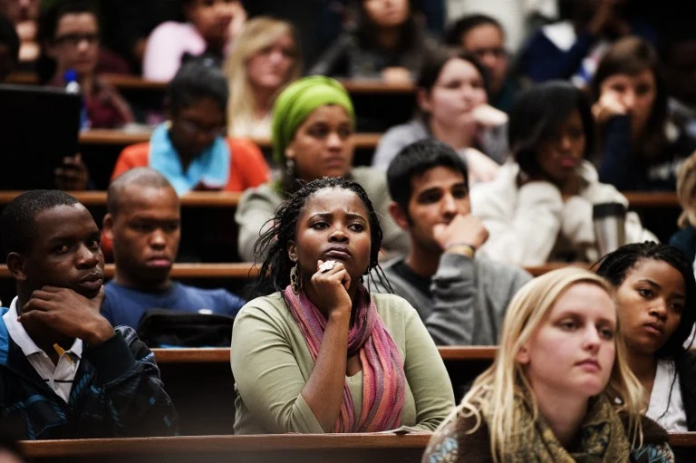By: Alagie Cherno Suwareh
In interviews conducted with Gambian students studying in more than five countries, including Morocco, China, Russia, Turkey, and India, The Fatu Network discovered that the annual stipends they receive are insufficient to cover their living expenses in these foreign countries.
Gambian students studying in Morocco reported receiving $900.00 annually for those residing on campus and $1,200.00 for those living off-campus. Meanwhile, students in Russia receive only $400.00 per year, and those in India, China, and Turkey receive a meager $300.00 annually.
One student in India expressed their frustration, stating, “It’s embarrassing that what we receive annually is equivalent to what students from other African countries receive monthly.” They pointed out that students from Uganda and Mozambique, for instance, receive between $100.00 and $360.00 per month, a stark contrast to the $300.00 per year provided to Gambian students. In Russia, Angolan students receive $420.00 for BSc, $630.00 for Masters, and $1000.00 for PhD programs, all on a monthly basis, in addition to their institutional stipends, while Gambian students receive only $400 per annum.
The Fatu Network visited The Gambia Ministry of Higher Education, Research, and Science (MoHERST) to gather facts and met with the Permanent Secretary, Dr Yusupha Touray.
Dr Touray clarified that “what the students receive is not a stipend but a top-up.” He explained that the stipends primarily come from their respective universities, thanks to partnerships between the Ministry and these higher education institutions. For instance, students in Morocco receive their monthly stipends from AMCI, while those in India receive theirs from ICCR. The Ministry provides a top-up to these students, and Dr Touray suggested that the students should convey this information to The Fatu Network. He noted that non-civil servant students studying in these countries, who don’t receive stipends from the host nations, receive approximately $500.00 per month. Dr Touray acknowledged that the stipend rates have remained unchanged for an extended period and emphasized the need for a review.
The Permanent Secretary assured that the Ministry is actively addressing the situation and working to make improvements, with the aim of achieving more favorable outcomes for the students. He mentioned ongoing reviews of the current scholarship policy documents and plans to enhance pre-departure orientation for students while also strengthening the relationship between students and the government.
Dr Touray urged the students to exercise patience and engage in dialogue when addressing their challenges, emphasizing the importance of character development alongside qualifications in their future careers. He regarded the students as part of the family and suggested that in the field of education, it’s crucial to navigate challenges without unnecessarily blaming the system.
“I see them as family, but in education, it’s not just about qualifications; character too is required to fit in their future workplaces. Sometimes, things do not go our way. This does not mean we have to take advantage of the situation and blame the system unnecessarily,” Dr Touray said.




